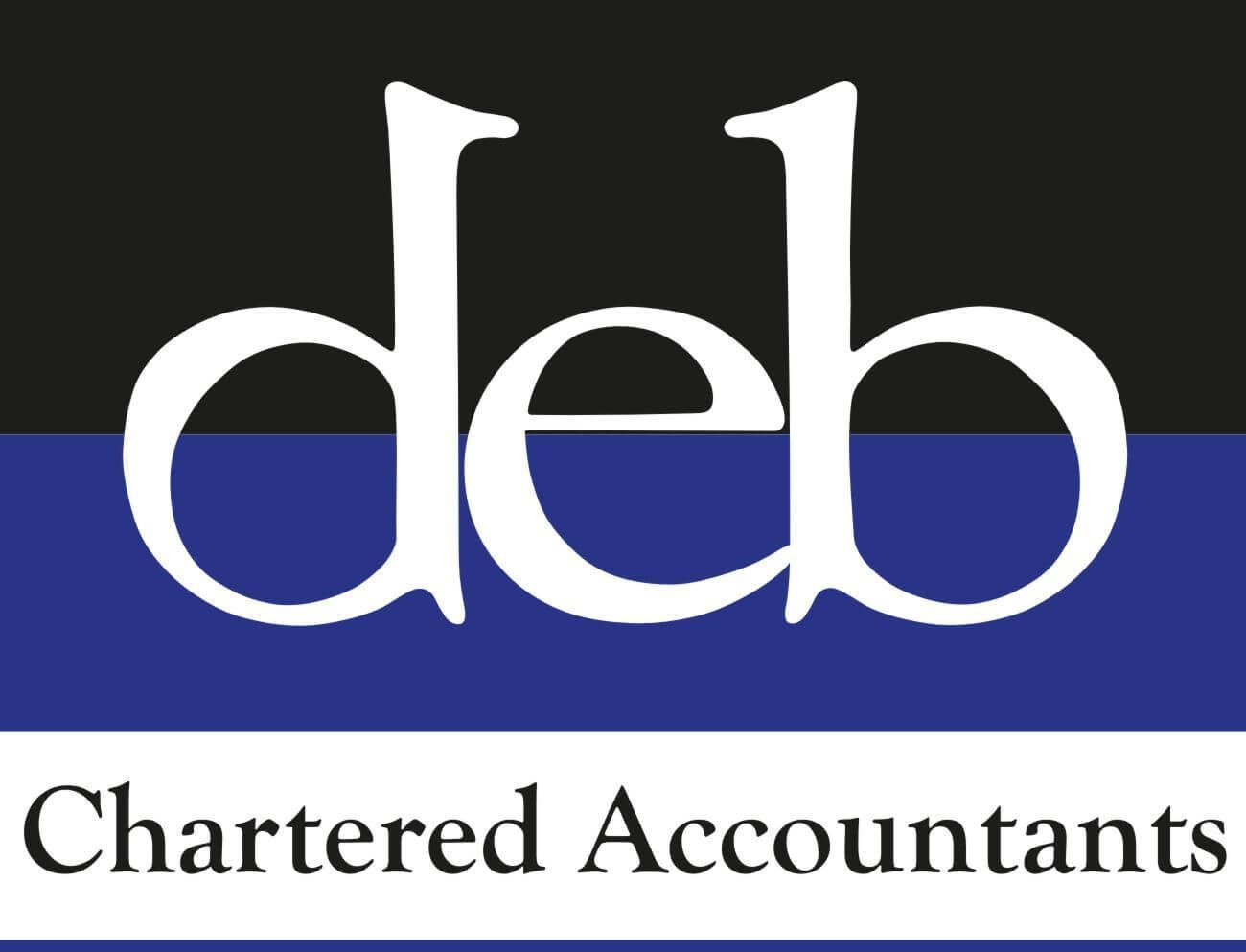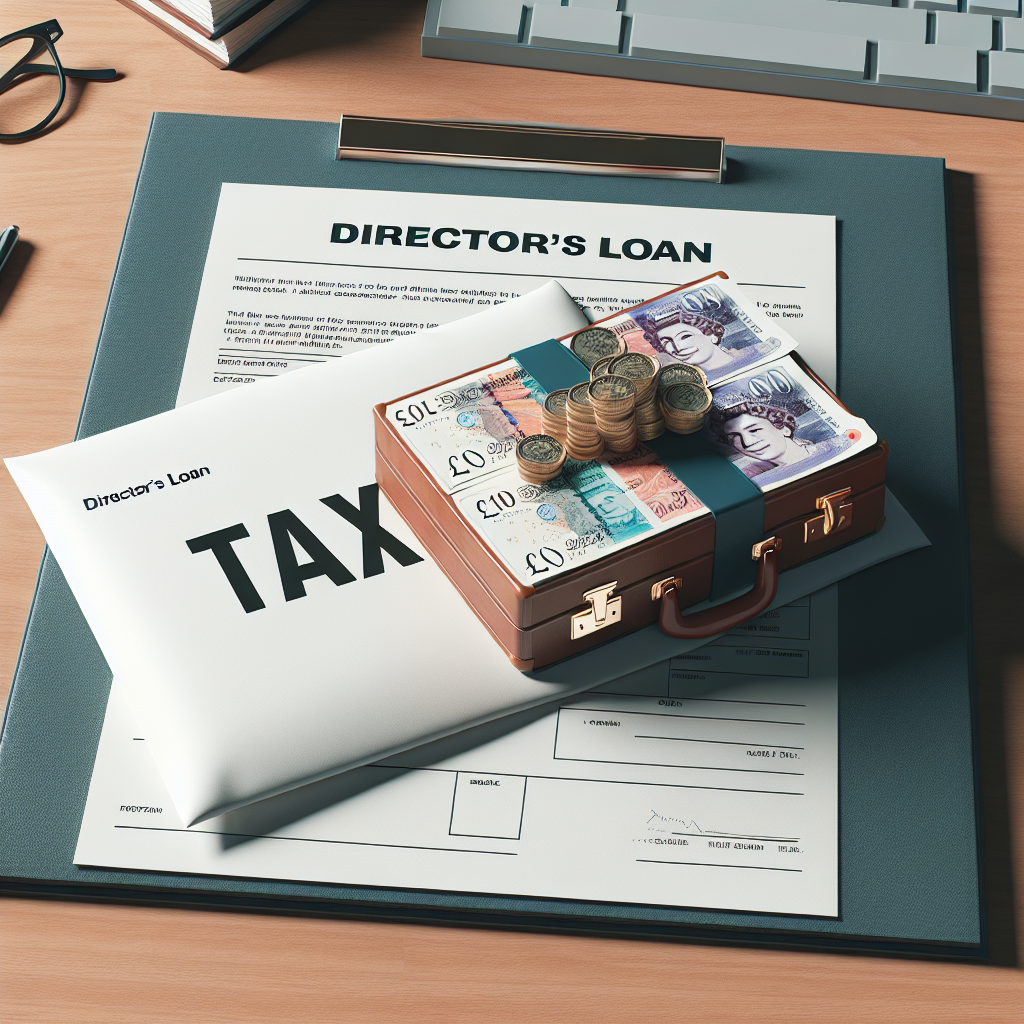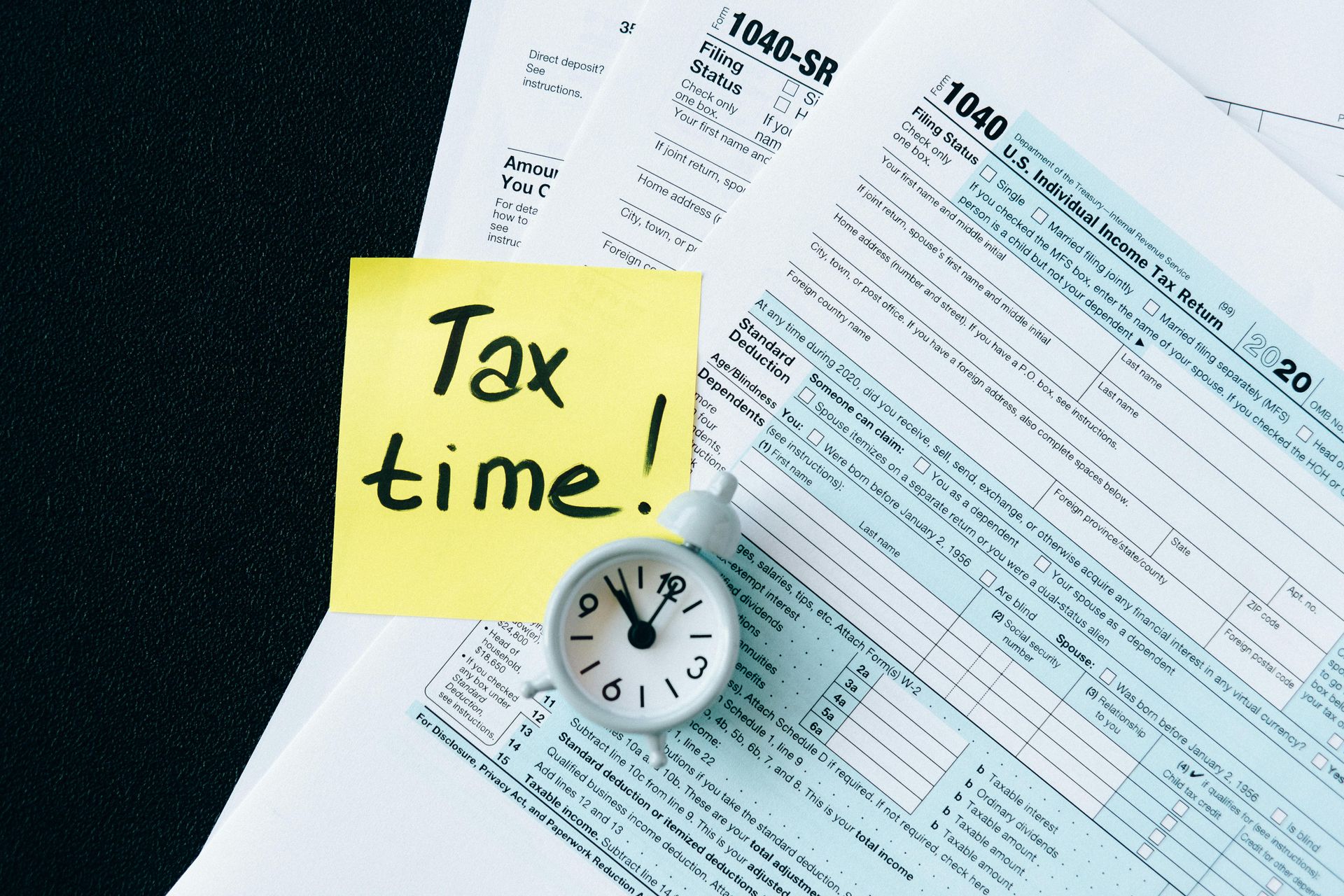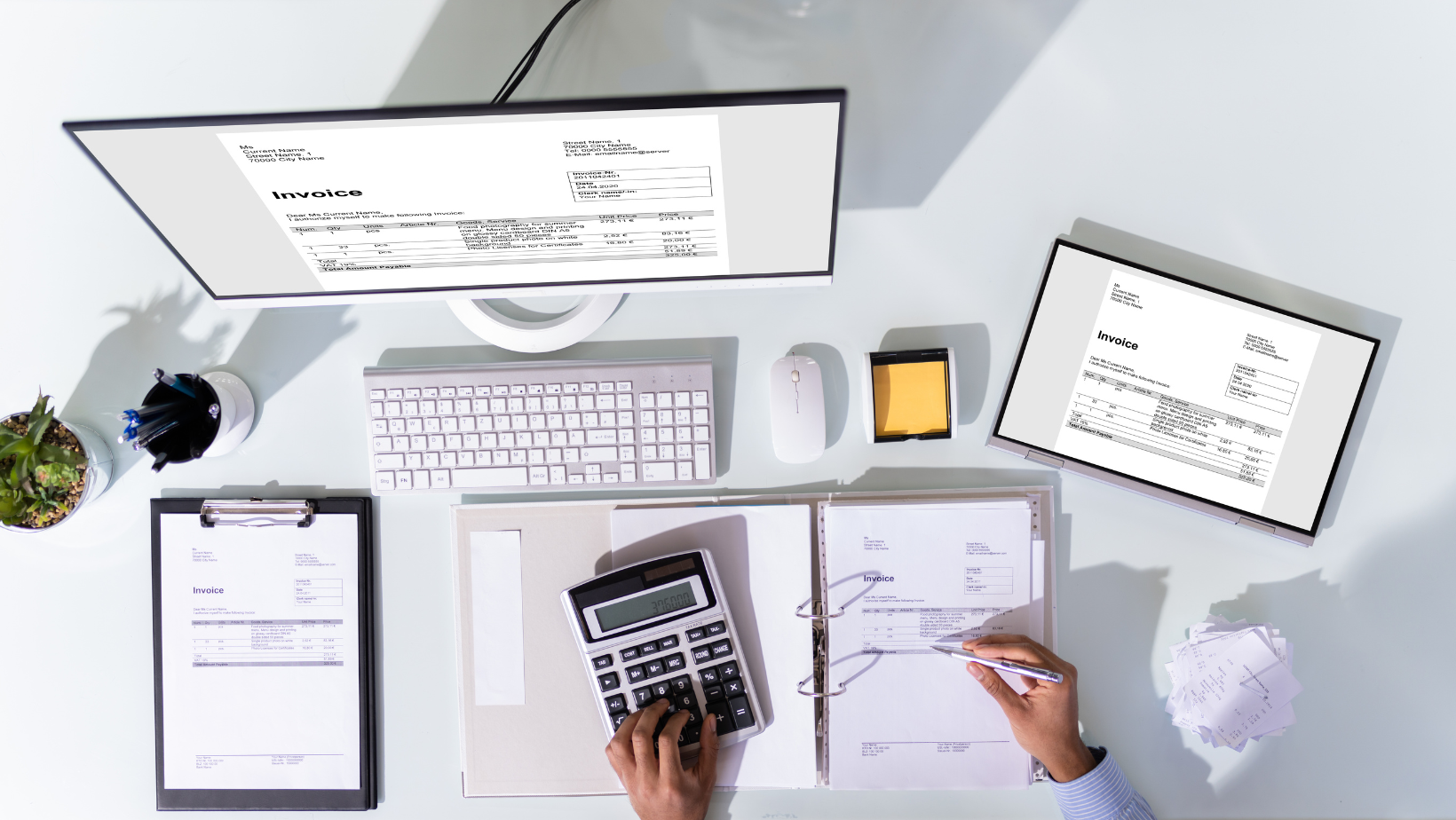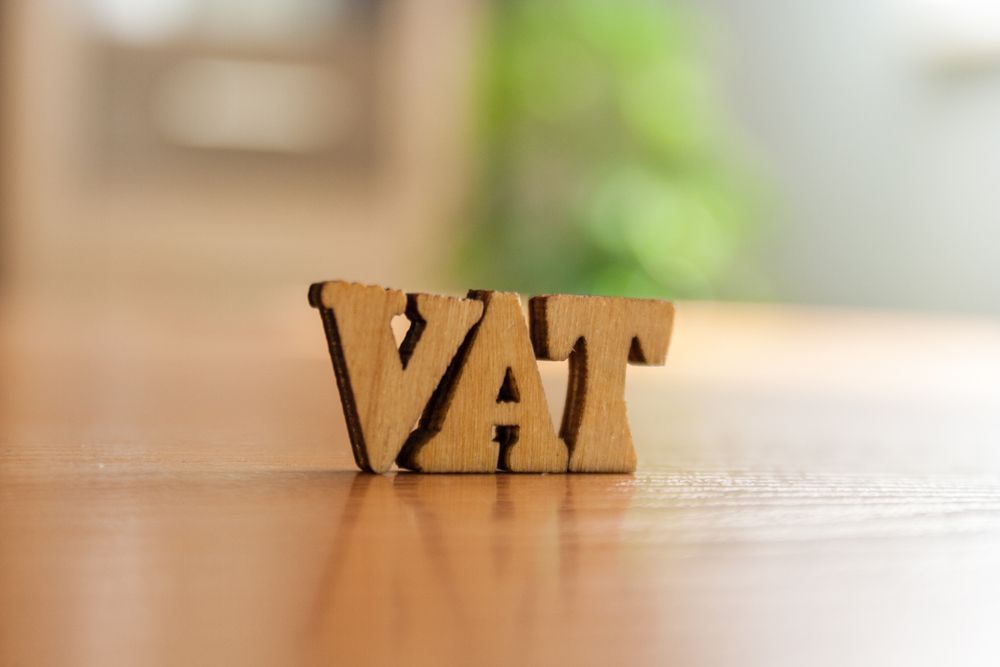Filing Dormant Accounts: What Need To Know When Your Company Has Stopped Trading
Navigating Dormant Accounts for Limited Companies

If your limited company hasn’t traded for some time, but you want to keep it open for future use, it’s essential to know the right filing obligations. Dormant accounts may seem like an easier option, but there are key distinctions between what Companies House and HMRC consider a dormant company, especially if your company has traded in the past.
Can You File Dormant Accounts?
While Companies House provides a dormant filing option, it’s only available to companies that have never traded. According to Companies House’s Dormant Company Accounts (DCA) AA02 form, dormant accounts are suited for:
"Companies limited by shares which have never traded."
To be able to file dormant accounts you have to avoid having any financial transactions. The safest way of achieving this is to close down all bank accounts to make it impossible to have such transactions. If you leave a bank account open it may incur bank charges or receive interest, both of which would mean it cannot file dormant accounts”. You then would be able to do dormant accounts in the first full accounting period where there were no such transitions.
What Are Micro-Entity Accounts?
Micro-entity accounts are simplified accounts for small businesses. If your company qualifies as a micro-entity, it can submit reduced balance sheets, profit and loss accounts, and annual reports. But these filings are still necessary for previously traded companies, even if you haven’t had substantial transactions since.
HMRC’s View on Dormant Companies
While Companies House may not allow your company to be marked as dormant, HMRC offers more flexibility. If your company has no trading profits or losses to report, HMRC allows you to switch off accounting periods until your company resumes trading. However, keep in mind that switching off accounting periods may not be advisable if your company:
- Owns a company car (requiring a P11D to record the benefit-in-kind),
- Earns interest on company reserves,
- Incurred ongoing business expenses that could lead to trading losses.
Switching back on the accounting period will be necessary if trading resumes or if any taxable events occur.
What Constitutes a Dormant Company?
Dormant companies have no significant accounting transactions during the financial year. But some transactions are considered insignificant, meaning a company can remain dormant despite having them. These include:
- Filing fees with Companies House,
- Paying annual confirmation statements (CS01).
If these are the only transactions your company experiences, Companies House may still deem the company dormant. However, filing annual confirmation statements (CS01) is mandatory, even if no significant changes have occurred in the company’s status. Failure to file on time could result in penalties ranging from £150 to £3,000, depending on how late the submission is.
How to Handle Company Transactions While Dormant
If your limited company is considering dormancy, ensure that all remaining transactions are insignificant and don’t interfere with dormant status. For example:
- Filing Fees: Paying the annual filing fee with Companies House does not affect your company’s dormant status.
- Share Transactions: Your company must maintain at least one shareholder, with shares either unpaid or compensated. These transactions should be clearly reflected in your accounts without affecting dormant status.
- Confirmation Statement: Even a dormant company must file a confirmation statement annually. The confirmation ensures Companies House is updated on key details like the company’s directors, registered office, and shareholdings.
Penalties for Late Filings
If you miss filing deadlines, even if your company is dormant, Companies House can issue monetary penalties. These penalties range depending on how late the filings are, but they start from £150 for accounts that are just 1 month late and can go up to £3,000 for multiple late filings.
It’s crucial to stay on top of deadlines to avoid unnecessary costs. Penalties increase the longer accounts go unfiled, so addressing any discrepancies as soon as possible is advisable.
Switching Off Tax Schemes: Is It Advisable?
Even though Companies House has stricter requirements, you can switch off tax schemes with HMRC when your company is not actively trading. This could include:
- Stopping the reporting of trading profits and losses.
- Pausing your company's accounting periods if it’s entirely dormant.
However, if your company owns assets like a car, earns interest, or incurs other expenses, switching off your tax scheme may not be appropriate. For instance, having business expenses might lead to trading losses that can be carried back or forward, impacting your tax liability.
Conclusion:
Even though your company is not trading, maintaining compliance with filing requirements is crucial to avoid penalties. please feel free to contact us on 01226 245824. Or email davideb@deb-accountants.co.uk to ensure you’re filing the appropriate forms for both Companies House and HMRC and avoid unnecessary fines.


